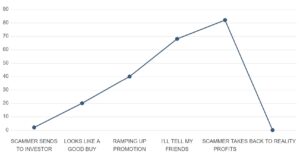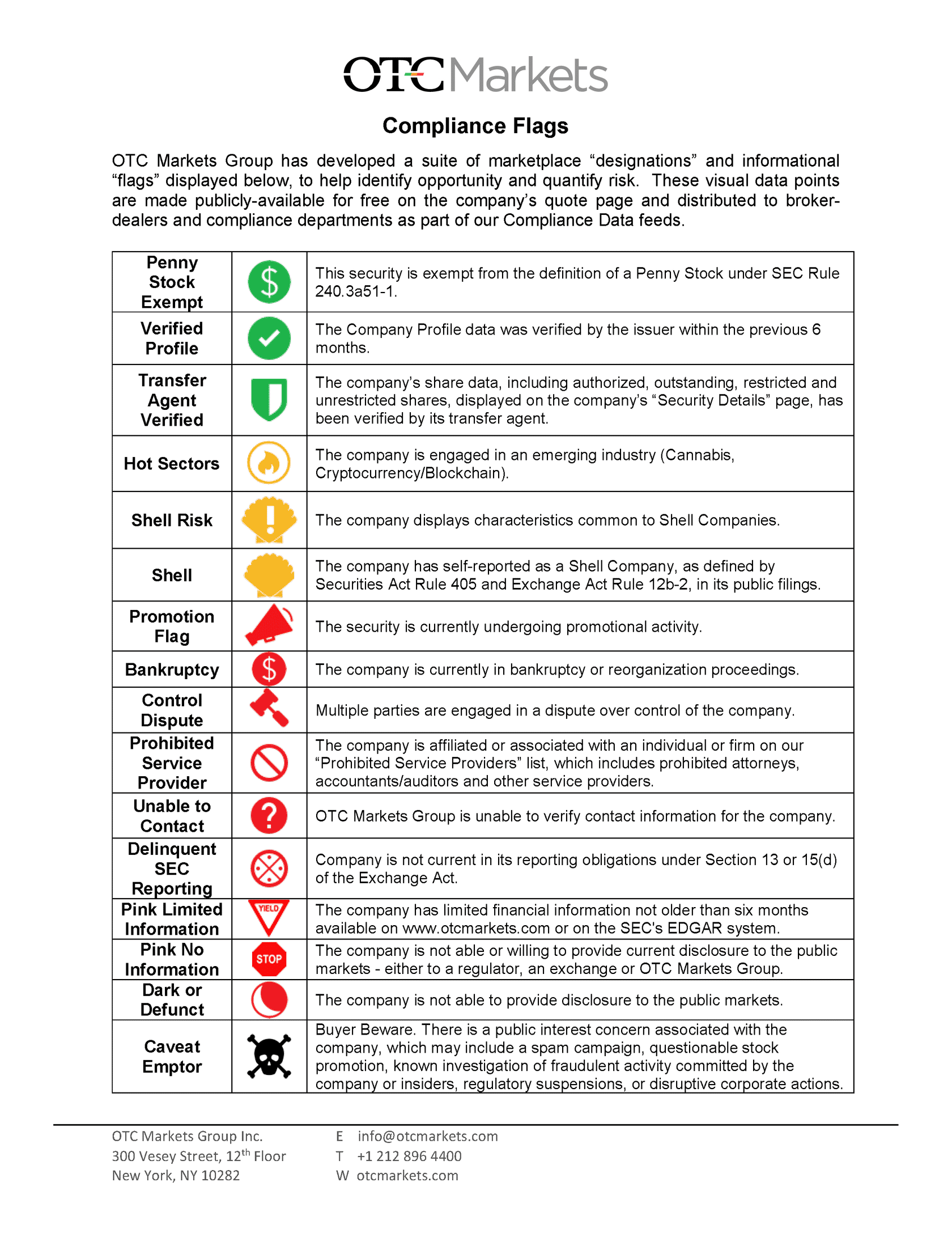The Investment Recovery Solution (“IRS”) or its contributors shall not be held liable for any improper or incorrect use of the information described and/or contained herein and assumes no responsibility for anyone’s use of the information. In no event shall the IRS or its contributors be liable for any direct, indirect, incidental, special, exemplary, or consequential damages (including, but not limited to: procurement of substitute goods or services; loss of use, data, or profits; or business interruption) however caused and on any theory of liability, whether in contract, strict liability, tort (including negligence or otherwise), or any other theory arising in any way out of the use of this system, even if advised of the possibility of such damage. This disclaimer of liability applies to any damages or injury, whether based on alleged breach of contract, tortious behavior, negligence or any other cause of action, including but not limited to damages or injuries caused by any failure of performance, error, omission, interruption, deletion, defect, delay in operation or transmission, computer virus, communication line failure, and/or theft, destruction or unauthorized access to, alteration of, or use of any record.
The paying subscriber agrees to defend, indemnify, and hold harmless, the IRS, its contributors, and their respective affiliates and their respective directors, officers, employees, and agents from and against all claims and expenses, including attorneys’ fees, arising out of the use of the report.
The report was prepared exclusively for the paying subscriber. The information contained in the report was identified during the research process and the research may not uncover data that has been hidden or withheld purposely, nor may the IRS be able to identify data that has been purposely modified or falsified.
Although the data contained in the IRS report has been produced and processed from sources believed to be reliable, no warranty expressed or implied is made regarding accuracy, adequacy, completeness, legality, reliability or usefulness of any information. This disclaimer applies to both isolated and aggregate uses of the information. The IRS and its contributors provide this information on an “AS IS” basis. All warranties of any kind, express or implied, including but not limited to the IMPLIED WARRANTIES OF MERCHANTABILITY, FITNESS FOR A PARTICULAR PURPOSE, freedom from contamination by computer viruses and non-infringement of proprietary rights ARE DISCLAIMED. Changes may be periodically added to the information herein; these changes may or may not be incorporated in any new version of the publication. If the user has obtained information from a source other than the IRS, the user must be aware that electronic data can be altered subsequent to original distribution. Data can also quickly become out-of-date. It is recommended that the user pay careful attention to the contents of any metadata associated with a file, and that the originator of the data or information be contacted with any questions regarding appropriate use. If the user finds any errors or omissions, we encourage the user to report them to the IRS.
The report and all content contained therein, including attachments, if any, may not be reproduced, downloaded, disseminated, published, or transferred in any form or by any means, except with the prior written permission of the IRS. Construction of the disclaimers above and resolution of disputes thereof are governed by the laws of the State of California.





